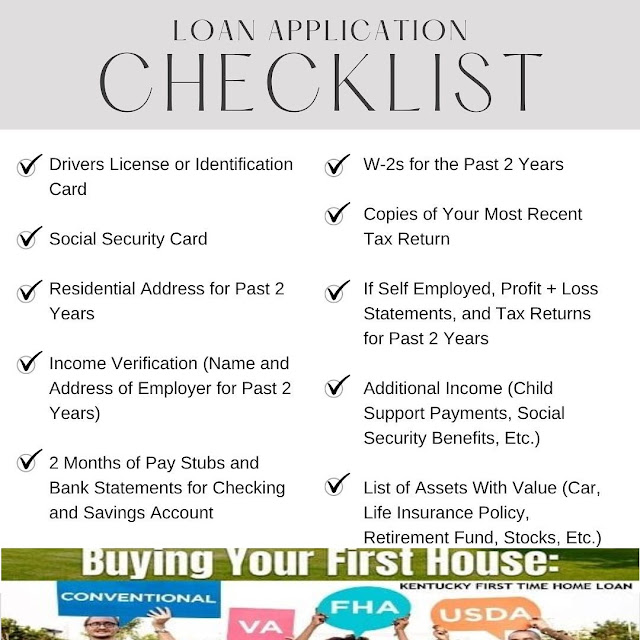There are several reasons why people in Kentucky might get turned down for a mortgage loan. These reasons can be broadly categorized into issues with the borrower or the property:
Borrower-related reasons:
- Credit score: Low credit scores (generally below 620) are a major factor in loan denials. Having a history of late payments, delinquencies, or collections can negatively impact your score.
- Debt-to-income ratio (DTI): This ratio compares your monthly debt payments to your gross income. A high DTI (generally above 50%) indicates you have a lot of debt compared to your income, making it harder to afford a mortgage payment.
- Employment history: Lenders prefer borrowers with stable employment and income. Recent job changes, gaps in employment, or insufficient income documentation can raise concerns.
- Down payment: A smaller down payment increases the loan amount and loan-to-value ratio (LTV), making the loan riskier for lenders. In Kentucky, FHA loans require a minimum 3.5% down payment, while conventional loans typically require 20%.
- Insufficient assets: While not always a disqualifier, having limited savings or assets can weaken your application by reducing your financial cushion.
Property-related reasons:
- Appraisal value: If the appraised value of the property is lower than the purchase price, it creates a high LTV, making the loan riskier for lenders.
- Property condition: Major repairs or structural issues with the property could require significant investment before closing, which lenders may not be comfortable with.
- Location: Properties in floodplains or other high-risk areas may be ineligible for certain loan types or require additional insurance.
Here are some resources that can help:
- Reasons loan denied in Kentucky https://www.mylouisvillekentuckymortgage.com/2010/10/get-approved-for-mortgage-or-home-loan.html
Joel Lobb Mortgage Loan Officer
American Mortgage Solutions, Inc.
10602 Timberwood Circle
Louisville, KY 40223
Company NMLS ID #1364
Text/call: 502-905-3708
fax: 502-327-9119
email: kentuckyloan@gmail.com













